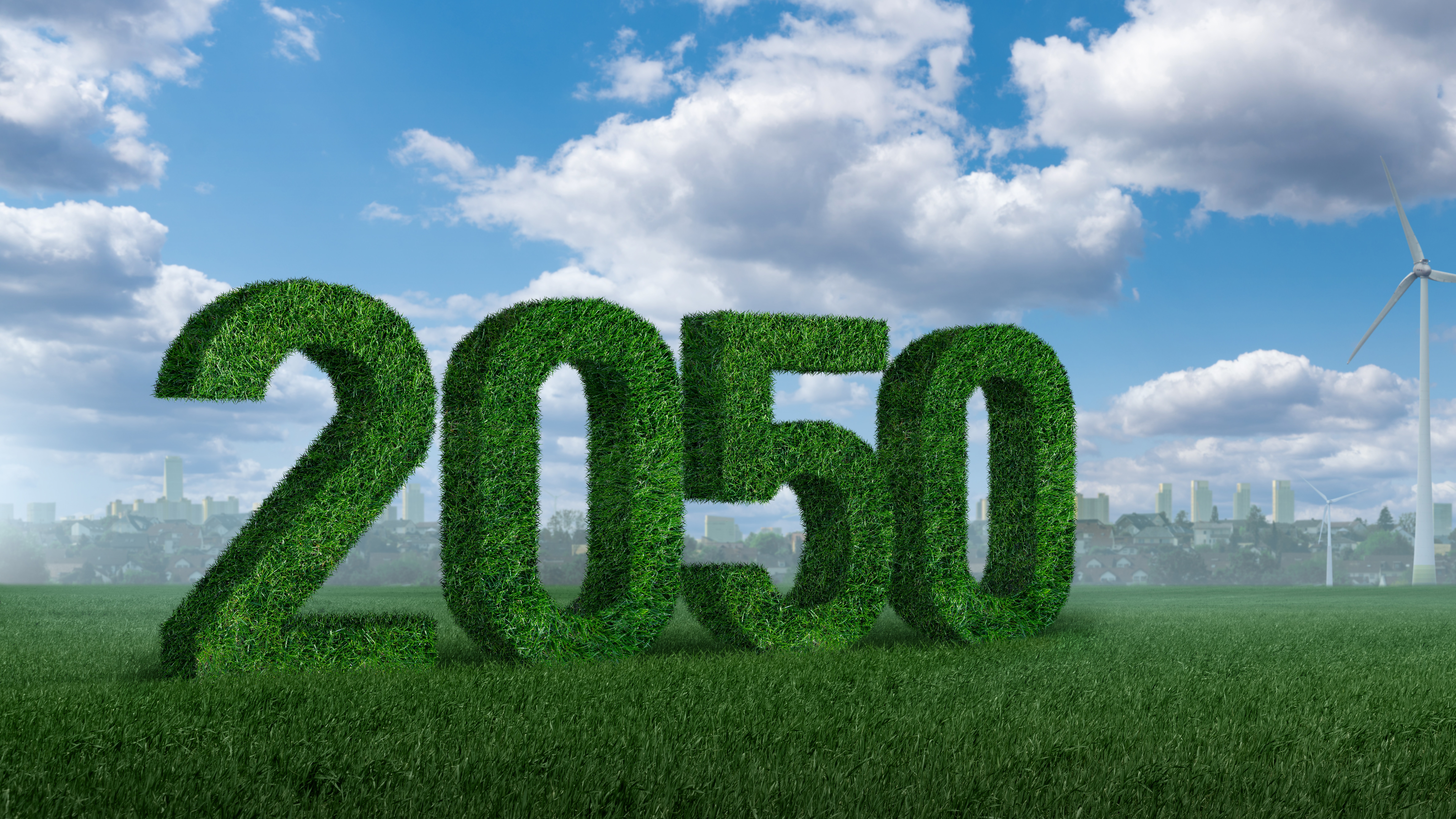Today the country’s climate advisors, the Climate Change Committee (CCC), has published its Seventh Carbon Budget, which presents advice to the UK Government for a new pathway to a decarbonised UK.
The CCC sets out how to achieve this by 2050, and what decisions need to be made in the coming years to ensure success. The organisation models that emissions must be reduced by 87% (compared to 1990 levels) by 2040.
Interim Chair, Professor Piers Forster, said:
“The Committee is delighted to be able to present a good news story about how the country can decarbonise while also creating savings across the economy. For a long time, decarbonisation in this country has really meant work in the power sector, but now we need to see action on transport, buildings, industry, and farming. This will create opportunities in the economy, tackle climate change, and bring down household bills.
“Our analysis shows that there is no need to pitch action on climate change against the economy. We will need Government and business to deliver the investment, but we are confident that this Seventh Carbon Budget offers a secure, prosperous future for the UK.”
To inform advice on the Seventh Carbon Budget, the CCC commissioned Arup to model emissions and potential decarbonisation pathways for the UK wastewater sector. The pathways were informed by a detailed review of wastewater decarbonisation technologies, wastewater treatment company plans and stakeholder engagement with industry experts covering both municipal and industrial wastewater.
The key messages of this report are:
- The study considered baseline emissions for the wastewater sector, as well as alternate decarbonisation pathways.
- It also provided estimates for costs and feasible deployment profiles for potential mitigation measures.
- The report sets out key limitations and uncertainties relating to emissions factors, costs and decarbonisation potential.



